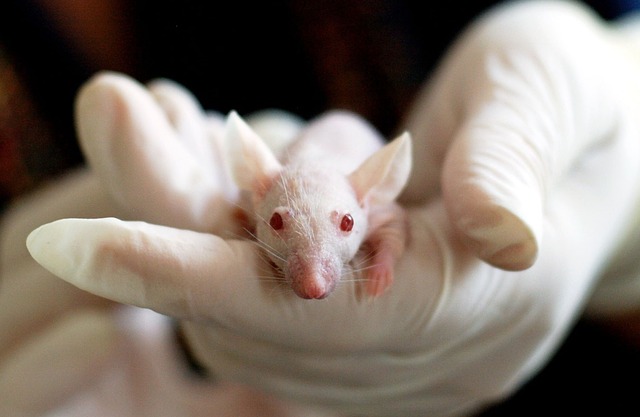
When talk about insulin comes up, most likely, the conversation is about diabetes. But what exactly is insulin? In simple terms, it’s a hormone produced by beta cells in the pancreas that’s responsible for metabolizing sugar (for present or future use) so the body’s blood sugar stays at normal, ‘healthy’ levels. If your body can’t produce sufficient insulin or your cells do not react to insulin as they should, you may develop hypoglycemia (too little blood sugar) or hyperglycemia (too much blood sugar). Allowing either condition to persist can lead to diabetes.
People with Type 1 diabetes don’t have insulin because their immune system attacks and destroys the beta cells that produce it. On the other hand, people with Type 2 diabetes do have beta cells — they just don’t function properly. The result is insufficient insulin production and inefficient use of insulin.
Of the two types of diabetes, Type 1 is the more severe form, requiring insulin injections to stay alive. For some patients with Type 2 diabetes, however, diet alone may be enough to manage the condition.
A breakthrough invention by Dr. Bruno Doiron and Dr. Ralph DeFronzo, both from the UT Health San Antonio, could pave the way for a permanent diabetes cure, and consequently eliminate the need for those painful insulin shots.
Using mice as their test subjects, the duo applied a technique called ‘gene transfer’. It works by using a virus to carry and deliver specially engineered genes into the pancreas, incorporating themselves into the organ, and causing other cell types to produce insulin. The result? The mice got cured of their diabetes.
“It worked perfectly. We cured mice for one year without any side effects. That’s never been seen. But it’s a mouse model, so caution is needed. We want to bring this to large animals that are closer to humans in physiology of the endocrine system,” said Dr. Doiron in a press statement.
The problem with Type 1 diabetic patients is that their body rejects beta cells. But with this technique, it’s the cells within the pancreas of the patients that are coaxed to produce insulin. Meaning, they function as beta cells, but the patient’s body doesn’t attack the cells because technically speaking, they’re not beta cells at all; they just mimic the function of beta cells, releasing insulin only in response to the presence of glucose.
As explained by Dr. DeFronzo, “If a Type 1 diabetic has been living with these cells for 30, 40 or 50 years, and all we’re getting them to do is secrete insulin, we expect there to be no adverse immune response.”
The therapy was reportedly able to precisely regulate blood sugar in mice. This is particularly important because it will eliminate the risk that blood sugar will rise or drop to critical levels if medication or traditional insulin therapy is not monitored closely.
Moreover, the insulin-producing capacity of the pancreas does not need to be restored 100%. Diabetes sets in when at least 80% of the pancreas’ beta cells are lost. If only 20% of this capacity is restored than Type 1 diabetes can be cured.
So far, the scientists have officially patented their invention and a company is now being formed to start commercialization. They are also planning to test their approach on larger animals, before proceeding with human clinical trials which they are hoping to start in about three years.
Reference: UT Health San Antonio

If this is indeed a cure I would be very interested
Once Again, HOORAY For the Mice.
This process will never reach the public. Consider the destruction of the economics of diabetes treatment. This treatment could be compared to Vapor Fuel Injection Systems and the petrochemical industry. Developing a cure for diabetes is not in the best interest of the pharmaceutical and research companies. This research will disappear along with all documents and personal associated with it.